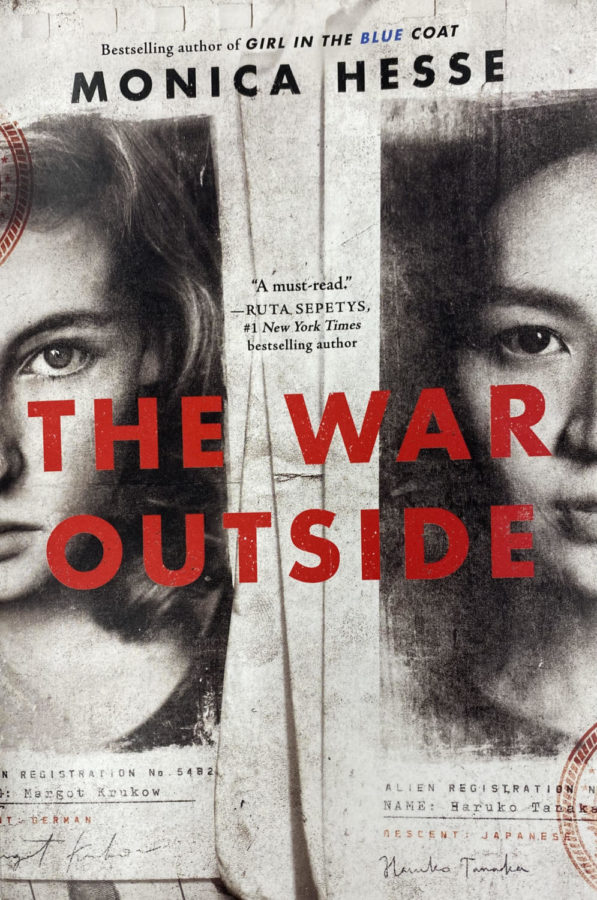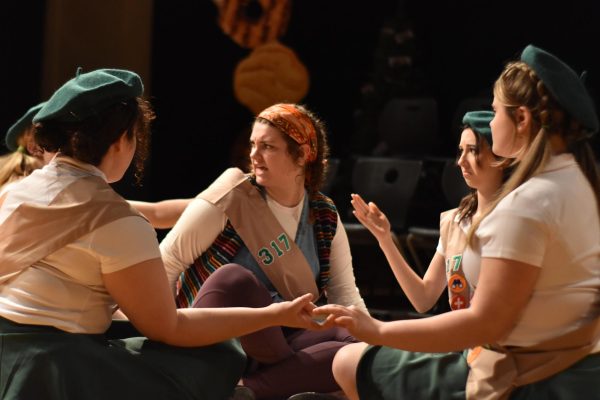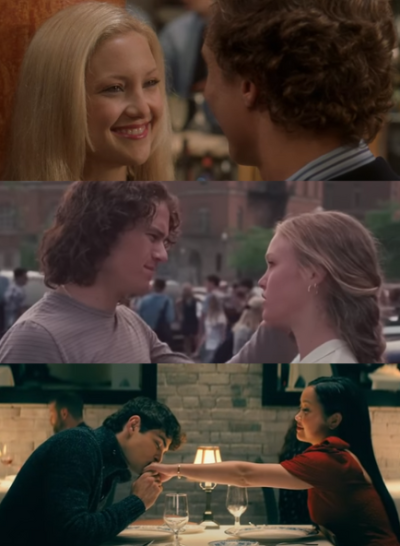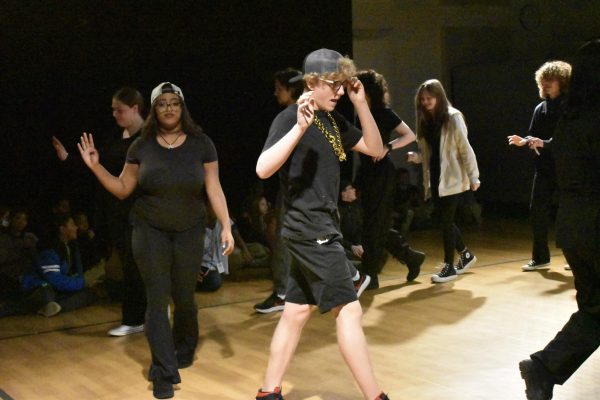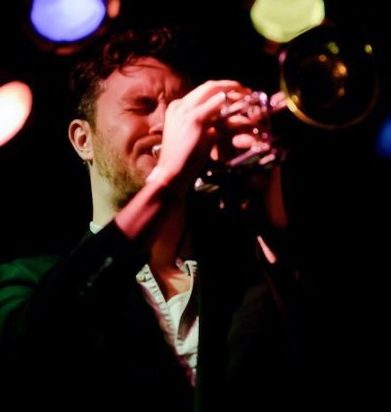Much more complicated
Monica Hesse’s ‘The War Outside’ is emotional and complex
The cover of Hesse’s “The War Outside.” The book was published in 2018.
I didn’t expect to like the book “The War Outside” by Monica Hesse. In fact, when I saw it on the shelf at Half Price Books, I wasn’t going to pick it up. It was historical fiction, a book genre I wasn’t so interested in, but the cover was pretty and I had a gift card leftover from Christmas. I decided to bite the bullet and buy it anyway. The cover drew me in, but I was still hesitant to start reading it.
I got the courage a few days later when I was organizing my bookshelf. I don’t regret it for a second. It was a confusing but ultimately touching read.
The book follows two girls, Margot and Haruko, and their time in a family internment camp. Margot is German and Haruko is Japanese-American. They were both thrown into the camp with their families.
The way Hesse writes her characters is unique and left me wanting more by the time I read the last few pages. She used both the point of view of Haruko and Margot to portray character moral development, as well as gain a deeper understanding of their thinking. It added a type of emotional connection between me and the characters that is rare to see in the genre Hesse is using.
For example, when Haruko arrives at the camp with her little sister and mother, she feels disconnected from her father, mad and yearning for him at the same time. She wants to know why he hadn’t fought when the U.S. took him from their home. Haruko has all these questions that he had never answered. Even though this happens at the start of the book, this scene already develops a bond between the character and readers. She’s confused and doesn’t believe she knows her dad when he decided not to fight for his home.
I thought it was deep, but was a little put off because it was in the very beginning. I thought that although it added a lot to Haruko’s character, it was unnecessary to be placed in the first chapter. Even if it had given an emotional connection, it was too soon.
Later in the book, Margot faces a challenging decision. It is revealed in the last chapter and is what I considered the largest plot twist in the book. Hesse writes in such a way, utilizing points of view with small notes such as “Haruko remembers things wrong” after there was a chapter entirely made up of Haruko’s version of events. I concluded that this meant that both girls were biased and untrustworthy narrators, which made everything so much more complicated.
I loved it, though. I loved how Hesse made us doubt everything, and I adored how we never knew what was truly happening. I liked that, after a large reveal, the point of view would switch to give the readers an entirely different perspective, which led us to think about who was in the right and wrong. We, as an audience, are so connected to these characters that the ethical questions laid out by their time in the camp are never decided on. Both characters had their reasons for their actions, and it makes everything so much more interesting.
Another heart-warming moment in the book, despite the heavy topics like war and trying desperately to keep their family together, was the friendship between Haruko and Margot. They were there for each other when they thought that no one but them could understand the pain of trying to piece together things they were barely old enough to understand.
The heavy topics and way that the characters were written were amazing. Although I don’t read a lot of historical fiction, I would definitely read this book again because of how incredible and raw it is.
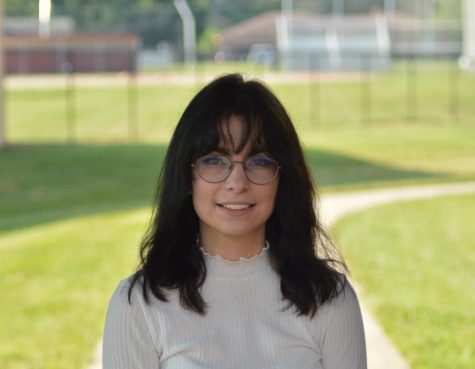
Hello! My name is Bridget and I am a senior at SHS. I am also the entertainment editor for the 2021-2022 school year. Since this is my first time being...


